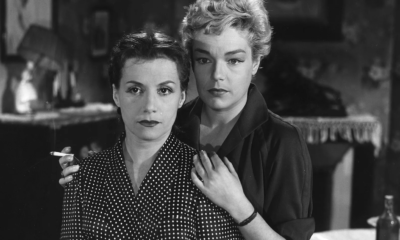International
Lampedusa’s The Leopard: A Tale of Elite Power

Giuseppe Tomasi di Lampedusa’s novel “The Leopard”, published in 1958, became a bestseller and is now a celebrated Netflix series, highlighting the enduring flaws and hypocrisies in society. The narrative follows Prince Fabrizio of the Salina family during the Risorgimento, focusing on themes of aristocracy, societal change, and the inevitable decay beneath beauty. The protagonist, Fabrizio, orchestrates a controversial marriage between his nephew Tancredi and the nouveau-riche Angelica, reflecting class tensions.
Initially rejected by prominent publishers like Arnoldo Mondadori and Einaudi for its traditional style and critique of both the church and the aristocracy, “The Leopard” gained traction after Lampedusa’s death, selling 52 editions within six months and winning the Strega Prize. The novel is characterized by a sharp, cynical tone towards Italian society and expresses a pessimistic view on the adequacy of social upheaval, exemplified by the famous line, “If we want things to stay as they are, things will have to change.”
The 1963 film adaptation by Luchino Visconti further solidified the novel’s legacy, winning the Palme d’Or and influencing directors like Francis Ford Coppola and Martin Scorsese. The new Netflix series, premiering on March 5, aims to resonate with contemporary themes of division in Europe, drawing parallels to the historical context of the Risorgimento, which shaped modern Italy. The ongoing relevance of “The Leopard” reflects its critique of elite power dynamics, making it a timeless literary work.
Source: BBC












